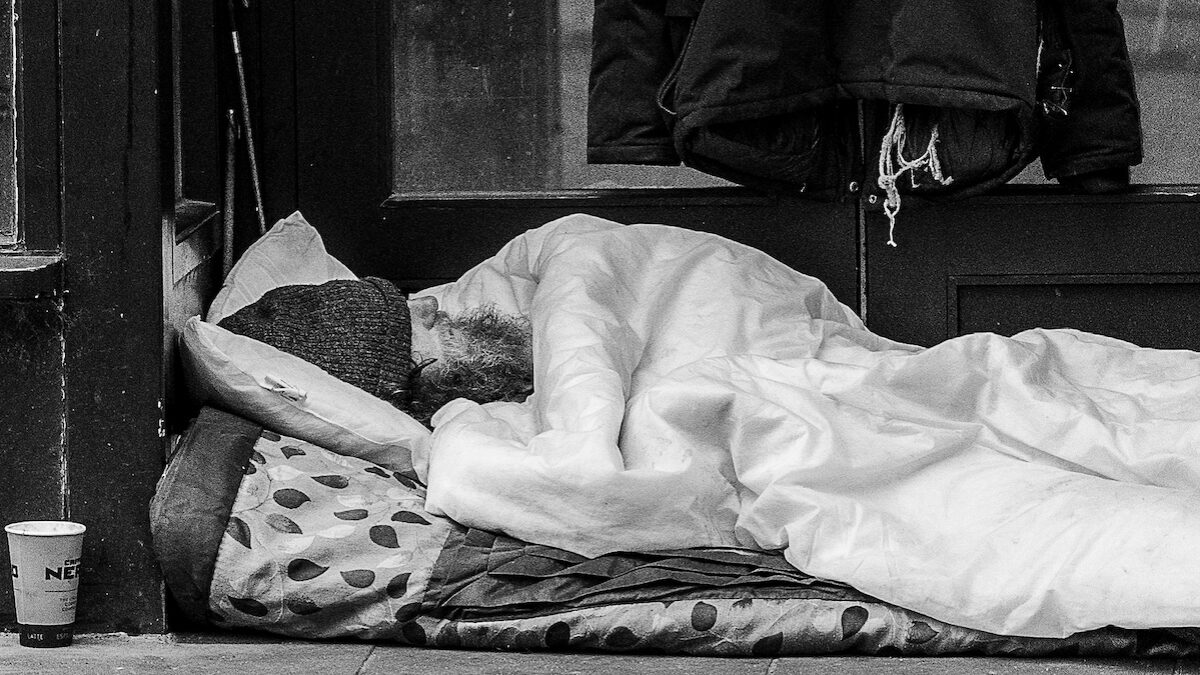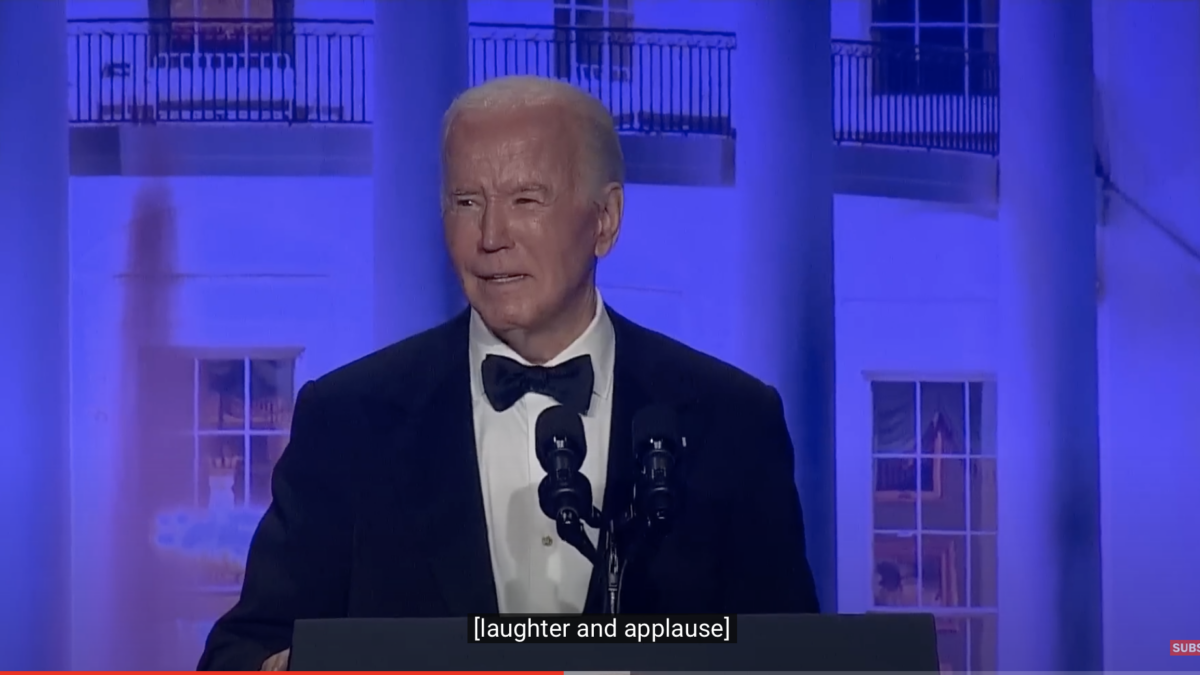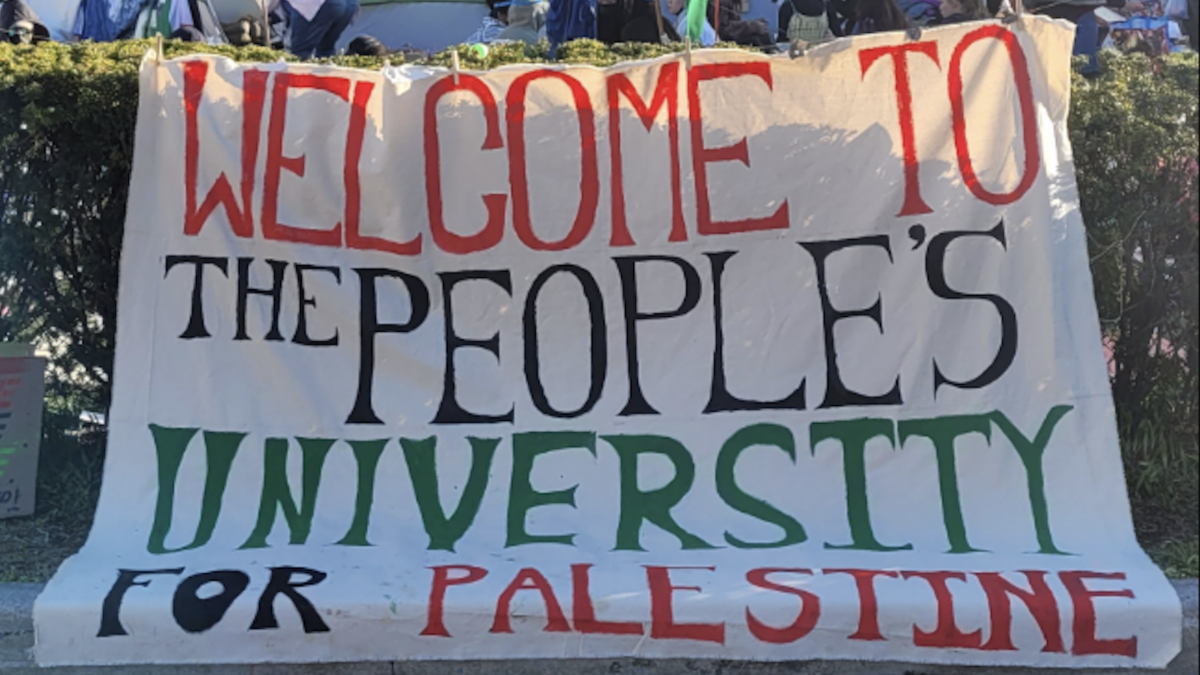Local governments are pocket-sized hotbeds of tyranny. The only way to stop them is by promoting a stronger federal government. So says Franklin Foer in the New Republic.
Here’s the kicker of his piece:
Centuries ago, in the age of monarchs, the preservation of liberty required constraining the power of the central state. In our era, protecting rights requires the opposite. Only a strong federal government can curb the autocratic tendencies burbling across the country. Libertarians worry about the threat of local tyrants, too, but only abstractly. In practice, they remain so fixated on the perils of Washington that they rigidly insist on devolving power down to states, cities, and towns—the very places where their nightmares are springing to life.
Nearly everything is wrong with this paragraph.
The url tells us that the column was initially titled, ‘Ferguson’s Lesson: Local Government Poses Real Threat Liberty.’ Though they are seemingly always preoccupied with Washington, according to Foer, the militarized police crackdown in Ferguson is a real manifestation of the “dark” fears libertarians have been warning us about. Well, the problem with this contention is twofold.
First: most of the cops involved in Ferguson were not “local” in any sense of the word. Nearly the entire Ferguson police department where outsiders who not only lived geographically apart but also in dissimilar social and economic neighborhoods. As Radley Balko points out in his sprawling piece on Ferguson in the Washington Post, one of the complaints locals have is that “the cops and court officers often come not only from different zip codes, but from completely different cultures and lifestyles than the people whose fines and court fees fund their paychecks.” If anything, Foer inadvertently makes the case that communities should have stronger localized control over their government, not less.
The second problem with the Ferguson example is that the militarization of local police forces – a development many libertarians have long focused on — was in many ways instituted by the federal government. Since Sept. 11, the Department of Homeland Security has provided over $70 million in grants and funding to state and local law enforcement agencies in Missouri. I read all about it in the New Republic. It was this policy – enacted and widely supported by both parties for many years – that allowed local police to act the way they did. Local government would have no such weaponry without DC’s help.
Beyond that, the idea that libertarians treat local impositions on freedom as an abstraction is simply untrue. Libertarians have fought specific local policies for years. There are groups like The Institute for Justice, which takes on an array of local cases. The Cato Institute and others libertarian groups have participated in the legal fight against Chicago and DC severe gun-control laws – among other local issues. Almost every state has a libertarian-leaning organization that serves as a watchdog. In Colorado, for instance, a place like the Independence Institute has sued the state numerous times, sponsored and fought ballot initiatives and waged public relations battles on libertarian grounds. These days, though, the intrusion they seem to be battling is federal election law that limits free speech.
None of this is to say local government can’t be abusive. I’ve never met a bunch of bigger tyrants in my life than the ones I encountered covering local politics. But while on the national level voters tend to be idealistic, in local races the impact of policy makes it far less partisan. And if all else fails, a person can pick and choose where they live. Federal impositions are more difficult to undo and impossible to escape.
Foer seems very concerned about rise of one-party government – particularly GOP-controlled states. While it’s not ideal, these political monopolies do not inevitably mean less liberty. For instance, if the Libertarian Party ran things, I assume we’d all be free to do whatever we liked. As it stands, locals are impelled to institute individual mandates, bribed to participate in massive welfare programs and impelled to fight drug wars at the DEA’s insistence. And I don’t think anyone needs reminding that many of these liberty-averse policies have been hatched and supported in bipartisan fashion.
Foer claims that “greatest danger of untrammeled local power is that majorities will use their control of government to stampede the rights of minorities.” Indeed. But nothing is more dangerous than the wide-scale reality that allows half the country to dictate what the other half should be doing. But that’s exactly why progressive have long supported more robust and centralized federal control. It allows them to impose their agendas on states and municipalities that are holdouts. Which is the point of Foer’s piece, I assume.
After all, almost every large scale “reform” libertarians have lived through undermines freedom. From Homeland Security to McCain-Feingold to the Affordable Care Act, these reforms have intruded on the freedom of localities and, more importantly for libertarians, on the freedom of individuals. There are a few instances where federal government has strengthened freedom – the civil rights fight, is one such example – but nearly every other intrusion, including the militarization of local police forces, shows us that the inclination of Washington is anything but libertarian.
But, then again, this entire debate is premised on a false choice, isn’t it? There is no reason why a libertarian can’t support limiting both local and federal government.
Follow David Harsanyi on Twitter.









